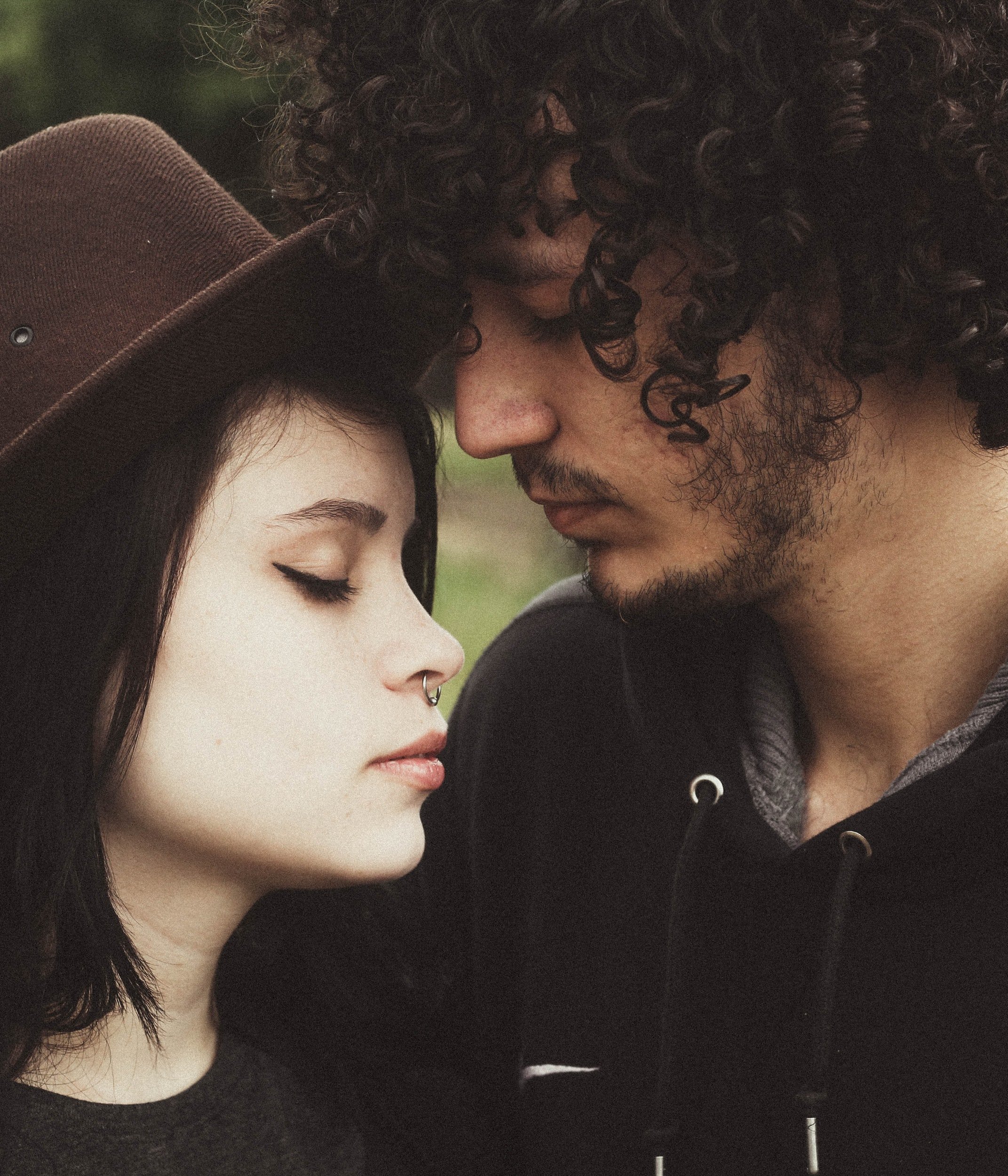Have you talked to your Teen about Dating Violence?
Teens are no different than adults in the wish to be appreciated, valued and accepted. We all also share varied abilities and circumstances that enable us to set and keep boundaries; an important barrier to an abusive relationship. Helping teens learn to set firm boundaries is key to helping prevent teen dating violence (TDV) in the first place. Stats show that 1 in 12 teens experience physical and sexual dating violence, with the LBGTQ communities experiencing it at an even higher rate.
A good thing to ask ourselves as parents is, “Do I model good conflict resolution, healthy interactions, personal boundaries?” It’s how children, by modeling us and other close family members, learn to navigate their own relationships.
Having open conversations with your teen is important as well.
Asking them nonjudgmental questions such as:
What do you know about TDV?
How do your friends feel about it?
Do you know anyone who is going through that? What do you tell them?
What red flags do you look for in your own relationships when dating?
What kinds of qualities do you want in a boyfriend/girlfriend?
Do you think that I, as your parent, model healthy relationships?
But what can parents do if we suspect our teen is already in an abusive relationship?
First, here are some signs to look for:
Changes in their appetite or sleeping patterns
Changes in their interest in extracurricular activities
Withdrawing from family and friends
Making excuses for their partner’s behavior
Starting to use drugs or alcohol
While physical abuse can be easier to identify, the more common emotional abuse can be harder to spot, especially for teens trying to navigate a romantic relationship for the first time.
Emotional abuse takes many forms:
Possessiveness or extreme jealousy
Controlling behavior, such as preventing a partner from being with friends
Manipulative behavior, such as threatening a break-up or self-harm
Stalking and harassment, both in-person and online
Having a strong support network is key to helping a teen involved in an abusive relationship. Don’t be afraid to have difficult conversations with your teen about red flags in a relationship. Shorter comments are more effective than long emotional lectures. Abusers, even teen abusers, will make a victim feel like they are the only ones there for them. Make sure your teen knows you are there for them. Building a good, trusting rapport can be difficult under such circumstances. Do what you can to build trust. It’s very difficult to not react emotionally when you suspect your teen is in an abusive relationship. But keeping calm and being respectful is key. Encourage them to reach out to another trusted adult if they don’t feel comfortable opening up to you. Remind them of their strengths and of past good times before the abuser.
More important tips:
Call 911 if you believe your teen is in immediate danger
Talk openly about their relationship, and reassure your teen that they will not be in trouble if they did something that they would normally get disciplined for (like sexting, drinking, drugs etc)
State what you have observed and why you are concerned, focusing on the actions, not the person (who they may try to defend)
Reassure your teen that being in an abusive relationship is never their fault and that you love them and will protect them
Decide on actions to take together, and ensure that you are near in case of an emergency. Most important, ensure your teen knows that you and their family love them.
Ending an abusive relationship can be just as dangerous for teens as it can be for adults. Your safety plan should include protecting your teen in the weeks and months afterward, including alerting the school, filing a police report, and ensuring they are safe going to and from school or when they are with friends.
A teen’s online safety is just as important as their physical safety, so ensure that their ex is blocked on social media or suggest a digital break.
Again, whether we are young or adults, we all want to feel special and loved. Let’s remind the young people in our lives what they are worthy and deserving of; a healthy relationship that is respectful and loving, one that is free of dysfunction or distress. And let us set the example, which is often the biggest lesson of all.
Written in Collaboration by
Brian Scott
Domestic Violence Prevention Educator at Mutual Ground
Natilie Land
Sexual Violence Prevention Educator at Mutual Ground

